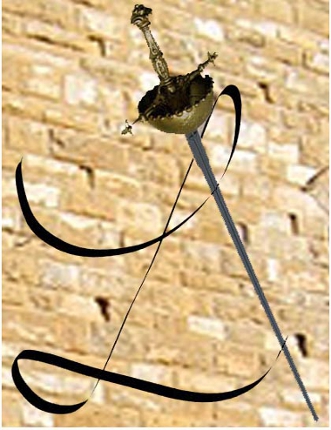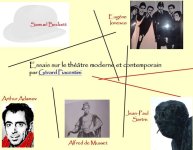" Musset's snake. Morals, politics and culture in Lorenzaccio " Revue d'histoire du théâtre, n°2, 1999.

The play's plot opposes good -honour, morals, freedom - personified by an idealized character,
Philippe Strozzi, and evil - corruption, instincts, despotism - embodied by Cardinal Cibo. The ending concludes that men are irremediably corrupted cowards.
Lorenzo, who had dreamed of becoming a mythical hero, has an adventure that underlines the futility of the search for values in a degraded world where culture -
history, poetry - is nothing more than a disguise of prosaic realities imposed by lying intellectuals.
Full paper in French here
" The Dispute between Pierre Corneille and Alfred de Musset about virtue. About Cinna and Lorenzaccio " Revue d'histoire du théâtre, n°4, 1997.
A series of similarities in the plots reveals that Lorenzaccio was inspired by Corneille's Cinna.
In Cinna, Corneille asserts that an harmonious world based on reason is possible. On the contrary, In Lorenzaccio,
Musset stresses the lack of reason and virtue in man and concludes that he is irremediably base.
But, while in Corneille's drama, man is forced to be good, Musset believes that he is free and may use his freedom to commit evil.
Full paper in French here
